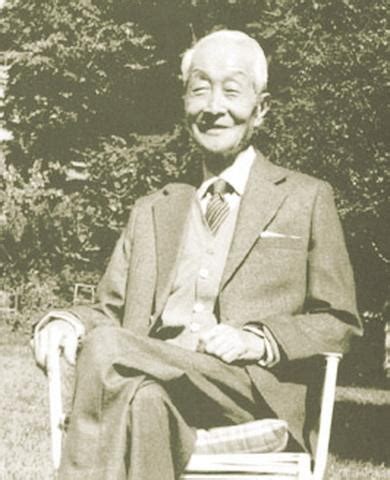A Quote by Masha Gessen
There are a couple of ways to use the word democracy, and the way that I think is productive is to think about democracy as not a state that can actually be achieved, but as an ideal.
Related Quotes
I'm a great aficionado of history. I was deeply affected by seeing the disintegration of any chance of democracy coping with fascism in the Weimar republic, where woolly-minded, well-meaning liberalism actually allowed the forces of darkness to use democracy, to exploit democracy, to overturn democracy.
I think some people have blind faith in American institutions without knowing a whole lot about them and think they will stand up to Donald Trump and are indestructible. I actually think democracy is not a definable and achievable state. Any country is either becoming more democratic or less democratic. I think the United States hasn't tended to its journey toward democracy in a long time. It's been becoming less democratic, and right now it's in danger of becoming drastically less democratic.
When we talk about Cuban democracy we are referring to participatory democracy which is big difference with representative bourgeois democracy. Our is a democracy in which everything is consulted with the people; it is a democracy in which every aspect and important decision that has an impact in the life and society of the people, is done in consultation.
History provides many examples of democracy crushed by people who said to be the champion of "genuine democracy" and "the people's real meaning". The realization about this may lead us to a defence position that conceals that democracy is an extraordinarily demanding way of rule. It must constantly find new ways to revitalize, to reach out to people and make them active. Dictatorships offers a machinery of obedience, closed and externally well-oiled. Democracy is based on fairness, openness and pulsating life. Therefore it must constantly be won again.
































